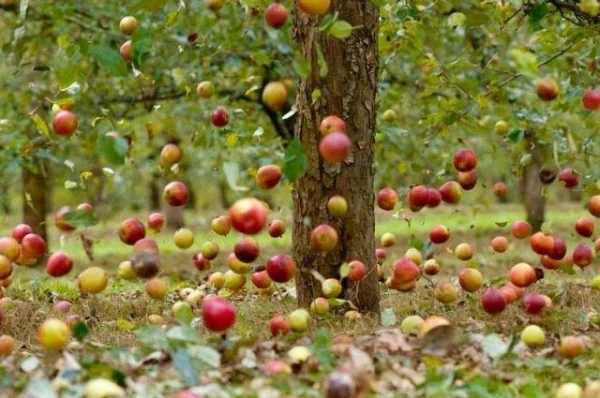
There are noticeably fewer local apples on the shelves of Latvian stores this year, and they are more expensive. And this situation will not change until the new harvest. Why? This was discussed on the morning program ‘Doma Square’ on Latvian Radio 4 by Gints Neimanis, chairman of the board of the agricultural cooperative society Zelta Ābele.
“The harvest this year is average. Accordingly, there are fewer fruit growers willing to supply their products to stores,” explains the farmer. The prevalence of imported apples in trade is also related to the fact that farmers are eager to participate in the Augļi skolai program, which guarantees stable purchase prices. So, despite their best efforts, some have nothing to offer traders interested in large batches of fruit. However, the local harvest will be enough to supply educational institutions and small shops until the end of this year.
As for apple prices, Neimanis believes they only seem too high to the consumer. For producers, they correspond to costs and efforts invested. “When the lats were in circulation, apples were sold for one lat per kilo. If you look at it this way, at the current exchange rate, that amounts to one and a half euros. Apples have been sold at that price for the last two years; now it has ‘caught up’ and stabilized.”
The farmer pointed out that in neighboring Estonia, local apples cost almost five euros. “But if we set that five euros, we won’t be understood. We are already not understood because consumer patriotism ends when they see the price difference.”
Neimanis is ready to dispute the official statistics showing almost a twofold reduction in Latvia's apple orchards over the last fifteen years. “In my opinion, we are talking about some old orchards that have been removed and no longer exist. As for today’s commercial fruit growers, no one has reduced their areas. On the contrary, there is a noticeable trend where some are planting [apple trees] on new hectares,” he notes.
However, this situation may change with intensifying competition. “The Poles are no longer competitors this year. They also have a not-so-good harvest, which has suffered from frosts and hail. Now, more and more products from Moldova and Ukraine are entering the single European market. Therefore, it is difficult to look to the future,” added Neimanis.

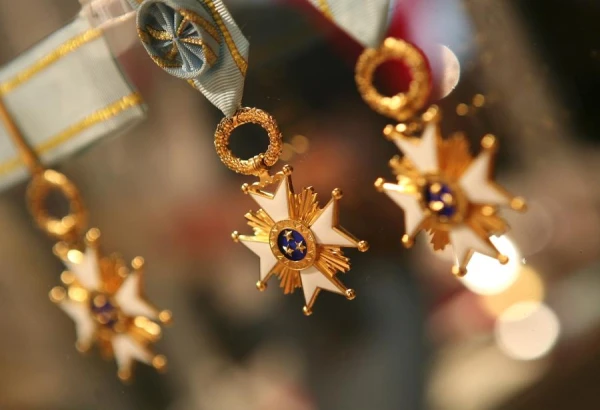



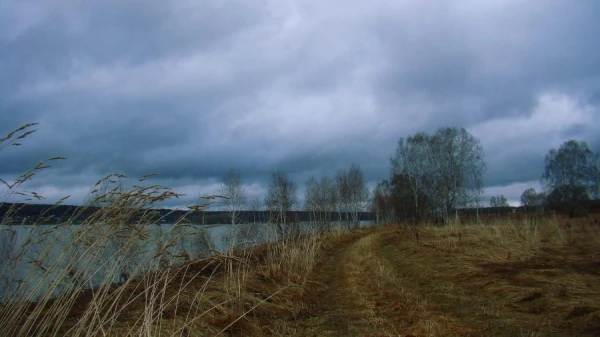
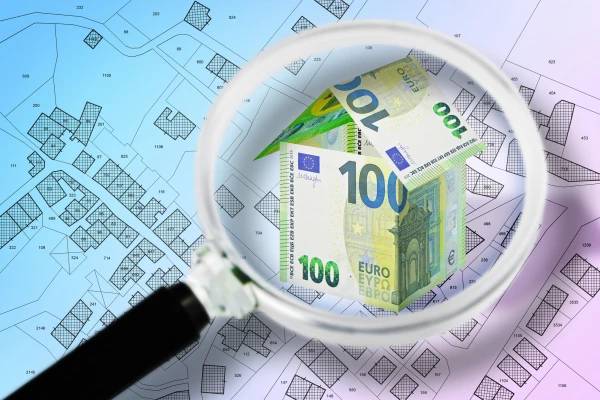
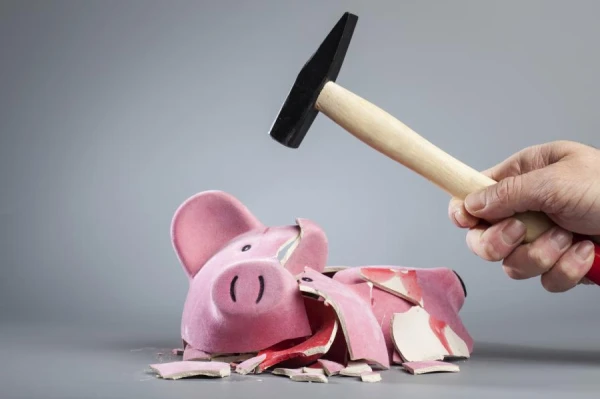
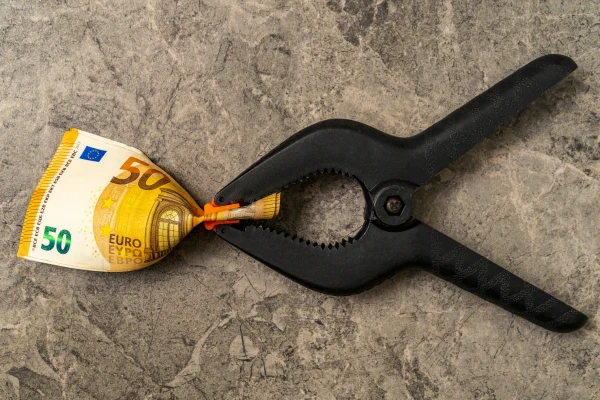


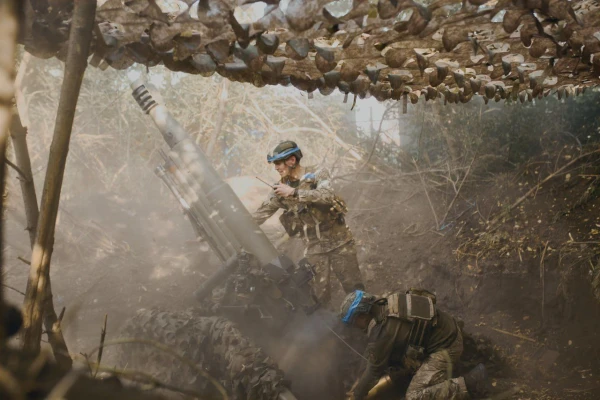
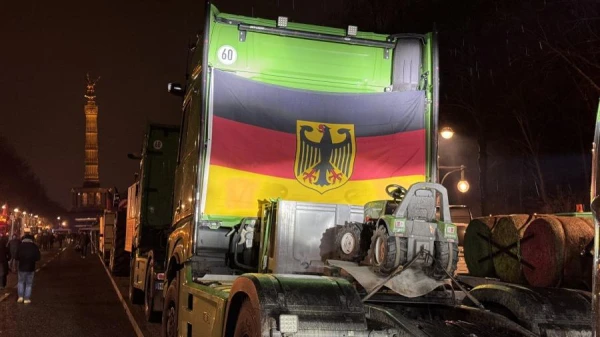

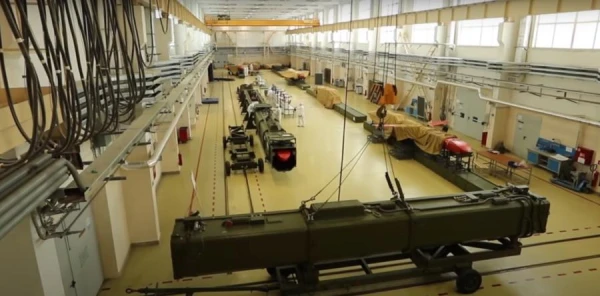
Leave a comment